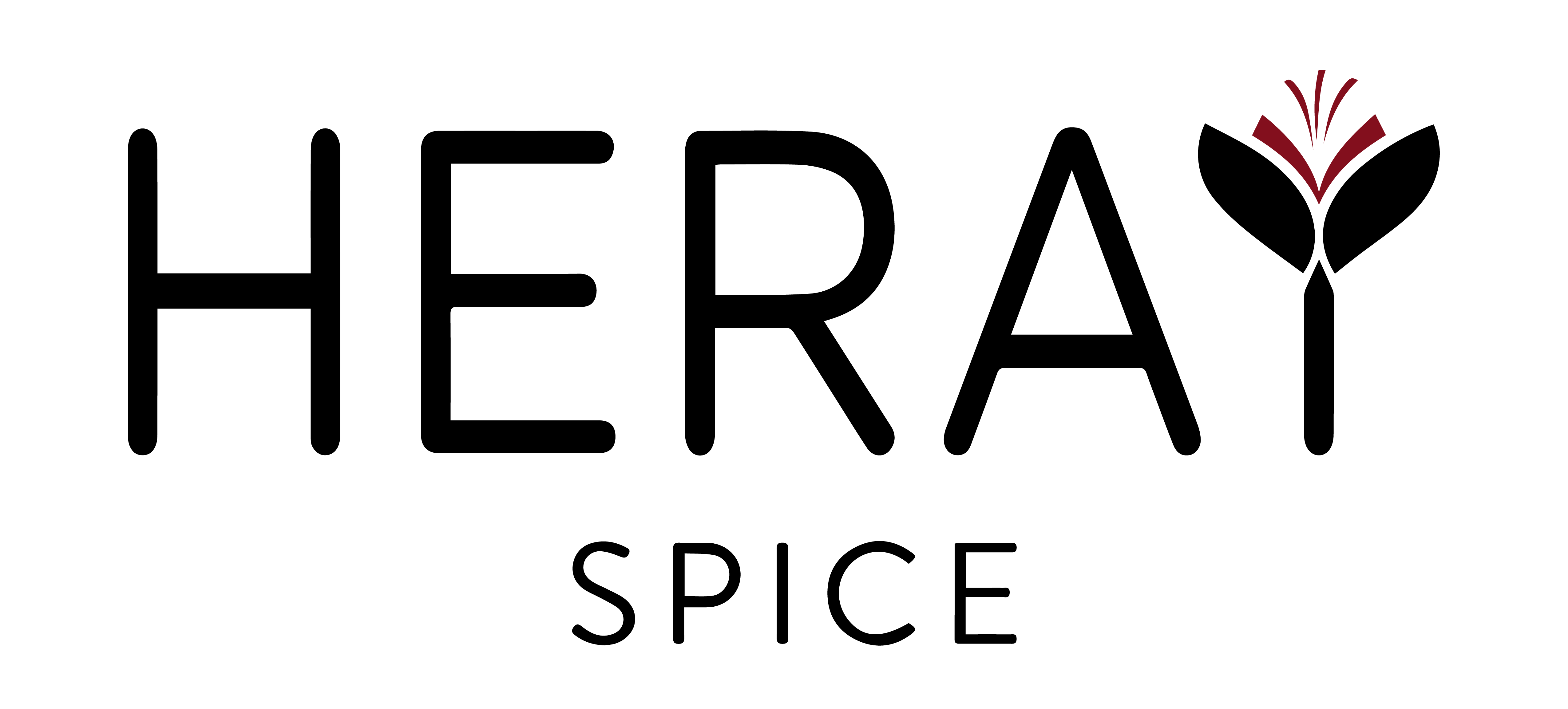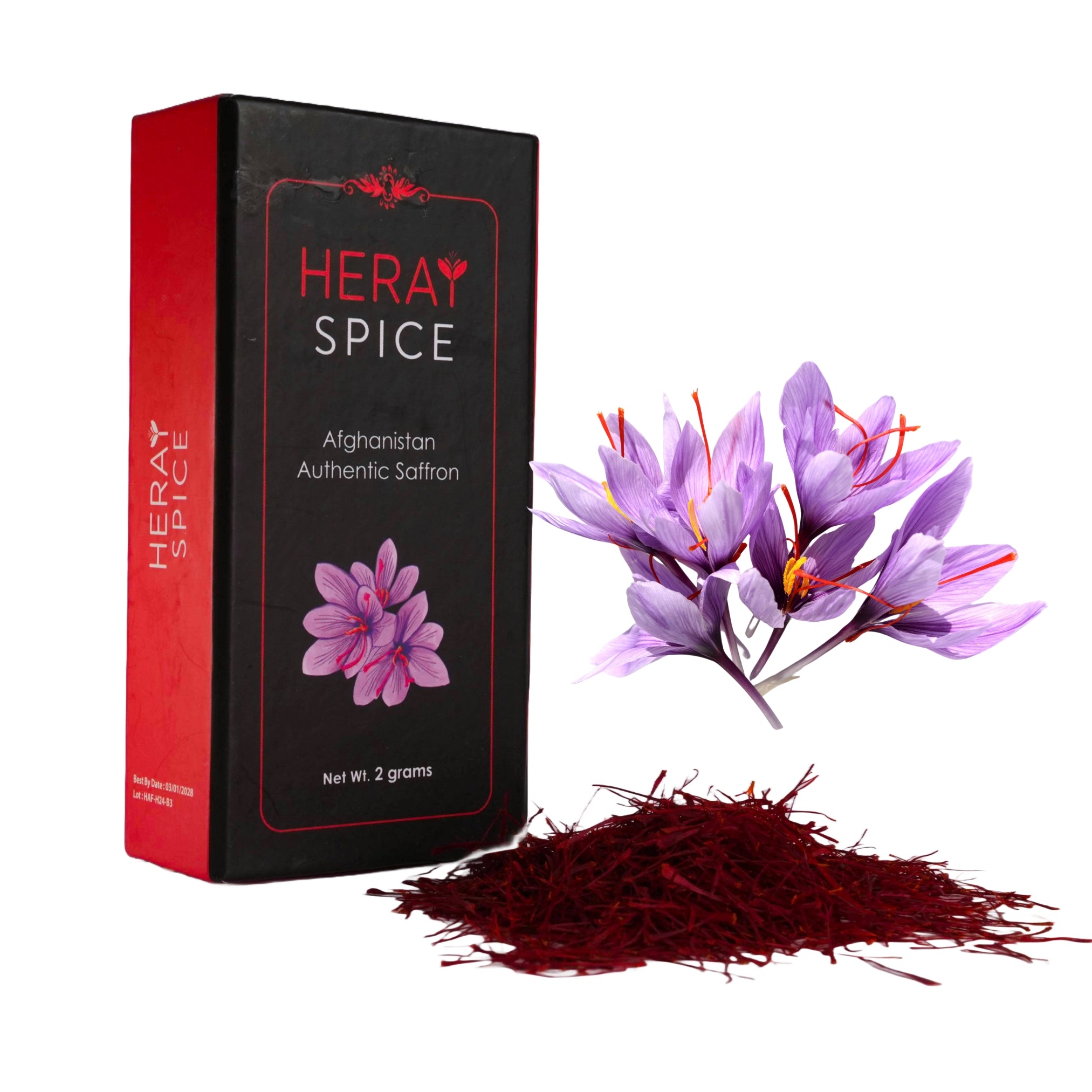In the last decade, diaspora spice businesses have been quietly rewriting the rules of the spice trade. These businesses—often led by immigrants, refugees, and first-generation entrepreneurs—bring authenticity, ethics, and cultural depth to an industry that has long been dominated by faceless commodity brokers and extractive supply chains.
But behind the bold flavors and bright labels lies a more complex truth. Diaspora spice businesses are not only building bridges between cultures—they’re also navigating a harsh geopolitical and trade environment, including steep import tariffs that disproportionately affect small, ethical importers like us.
What Sets Diaspora Spice Businesses Apart?
At their core, diaspora spice companies are about storytelling and justice. They aim to:
• Preserve heritage by celebrating traditional farming, harvesting, and cooking techniques.
• Empower producers through direct trade, fair pay, and long-term relationships.
• Challenge stereotypes by sharing richer, more human narratives about the regions they source from.
• Build food systems rooted in dignity, not exploitation.
These values come at a cost—often literally.
The Hidden Challenge: U.S. Tariffs on Ethical Spice Imports
Many people don’t realize that importing spices into the U.S. from certain countries—especially where diaspora spice businesses source from—is made even more difficult by the recent tariffs.
During the Trump administration, a sweeping reevaluation of trade policy led to the imposition of new tariffs on a wide range of goods, many of which are still in effect today. For us at Heray Spice, and many of our peers, these tariffs are more than just numbers—they’re obstacles to equity, growth, and survival.
Here’s how they impact our work:
1. Afghanistan
Despite being a developing country and a U.S. ally for two decades, Afghanistan has faced trade restrictions and high import duties due to political instability and sanctions. Afghan saffron, already one of the most expensive spices in the world due to the labor-intensive way it’s grown and harvested, is taxed heavily on entry to the U.S. These costs make it harder for ethical importers like Heray Spice to compete with low-quality or adulterated saffron in the marketplace. The new tarrif on Afghanistan products are 10%, plus 3% import duty.
2. Guatemala
Known for its rich allspice, cardamom, and other botanicals, Guatemala has also been subject to shifting trade policies that have raised costs on spice imports. For small-scale farmers and cooperatives trying to reach U.S. customers through ethical buyers, tariffs cut into already razor-thin margins.
3. Sri Lanka
Sri Lanka’s cinnamon is the gold standard worldwide. Yet, due to trade designations and lack of special agreements, importing true Ceylon cinnamon often comes with added duties—making it more expensive and less accessible, even as mass-market brands sell low-quality cassia as “cinnamon” at lower prices.
4. Turkey
Turkish herbs and spices—like Aleppo pepper, sumac, and dried mint—are staples in Middle Eastern and Mediterranean cooking. Importers are burdened with fluctuating tariffs, especially as diplomatic relations between the U.S. and Turkey have remained complicated.
Heray Spice: Resilient in the Face of Challenges
We are proud to be part of this global diaspora movement, despite the roadblocks. Heray Spice was founded with a simple but powerful goal: to connect farmers in Afghanistan with chefs and home cooks in America through the highest-quality saffron and spices—and to do it ethically, transparently, and sustainably.
Here’s how we’re staying true to that mission:
✅ Direct Partnerships
We work hand-in-hand with farmers in Herat, Afghanistan—especially women-led co-ops—ensuring they receive a fair price and recognition for their work. This direct trade model cuts out exploitative middlemen and keeps value in the communities that grow the crops.
✅ Purity, Certified
Our saffron is rigorously tested for purity, certified Kosher by the Orthodox Union, and Non-GMO Project Verified. Even as tariffs increase our costs, we refuse to cut corners.
✅ Community-Focused
Heray Spice is rooted both in Afghanistan and here in the U.S. We support refugee families, donate spices to nonprofits like JFCS Pittsburgh, and educate our customers about the real stories behind their ingredients.
✅ Advocacy Through Transparency
By naming the challenges we face—like the impact of unjust tariffs—we hope to spark conversations about how food systems can be more just. Every customer who chooses Heray Spice is helping change the way food moves through the world.
Spices That Tell a Story
Diaspora spice companies like Heray Spice are not just adding flavor to your food—they’re adding depth, dignity, and change to the global spice trade. When you choose our saffron, you’re choosing:
• A farmer in Herat who harvested it by hand.
• A system that values people over profits.
• A business fighting uphill against trade policies that penalize authenticity.
We’re honored to be part of this movement—and grateful that you’re on the journey with us.
Taste the difference. Feel the impact. Spice with purpose.









